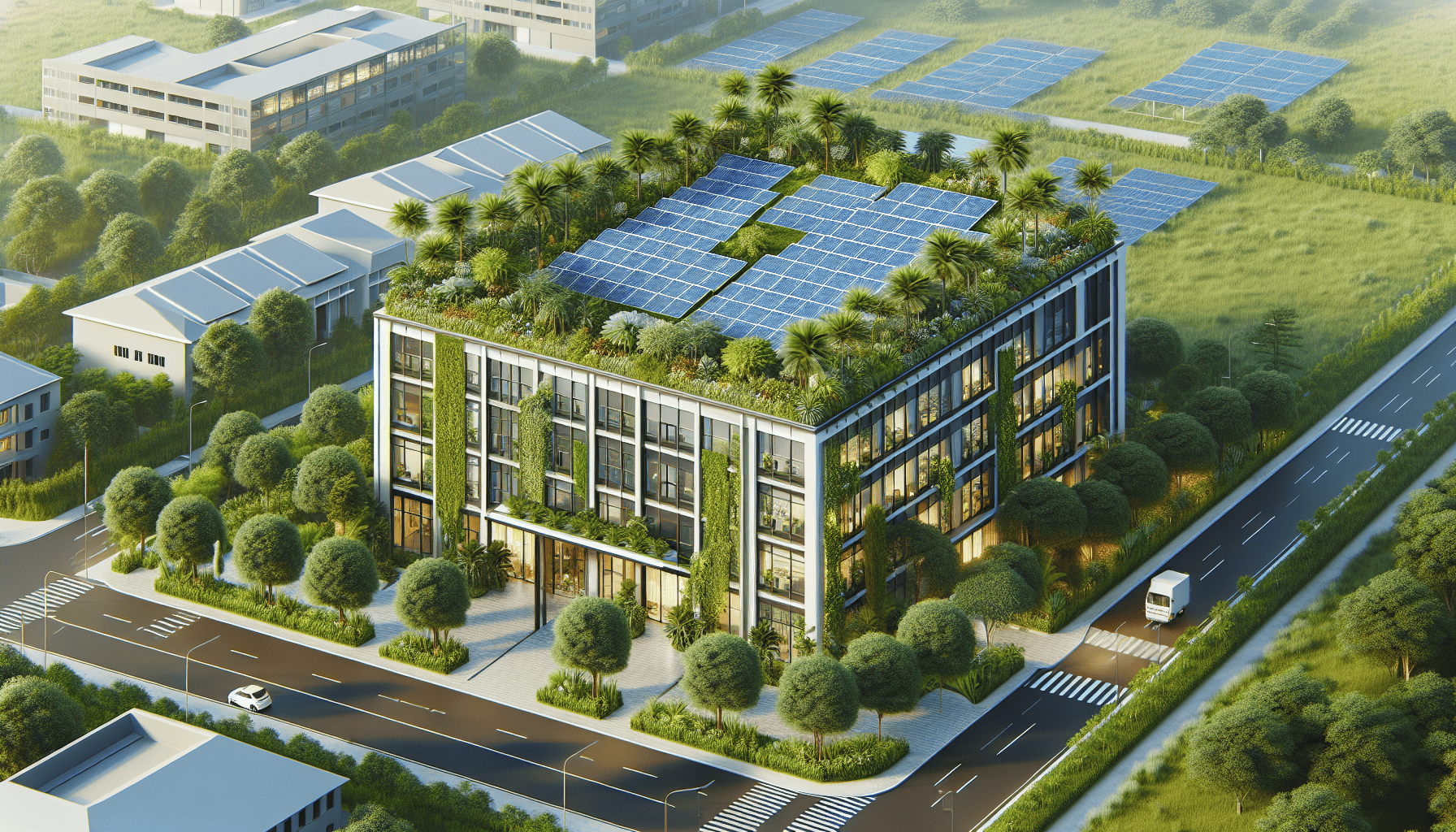In recent years, sustainable property management practices have gained significant attention as a crucial strategy for mitigating environmental impact, reducing operational costs, and enhancing tenant satisfaction. As we move into 2024, the focus continues to strengthen on integrating energy efficiency, waste reduction, and green building certifications into property management practices.
Energy Efficiency
One of the most impactful sustainable practices in property management is improving energy efficiency. This involves the implementation of advanced technologies and strategies aimed at reducing energy consumption while maintaining or enhancing the comfort and functionality of buildings.
Smart HVAC systems have become increasingly popular, allowing property managers to optimize heating and cooling processes based on real-time demand. This not only reduces energy usage but also extends the lifespan of equipment by preventing overuse. Additionally, LED lighting upgrades are a simple yet effective method to significantly cut energy consumption. These lights use a fraction of the energy required by traditional lighting and offer a longer operational life, thus benefiting the environment and reducing replacement costs.
In 2024, the integration of renewable energy sources, such as solar panels, has become more accessible and cost-effective, providing properties with the opportunity to generate their own clean energy. This shift not only reduces reliance on non-renewable energy sources but also offers the potential for significant savings on energy bills.
Waste Reduction
Waste management is another critical aspect of sustainable property management. Recognizing the role that properties play in generating waste, many property managers now prioritize comprehensive waste reduction strategies.
Implementing recycling programs within properties is a fundamental step. These programs include placing clearly marked recycling bins around the premises and educating tenants about the types of materials that can be recycled. This creates a culture of sustainability and encourages responsible waste disposal habits.
Composting is also gaining traction as a method of managing organic waste. By providing tenants with composting facilities, property managers not only decrease the amount of waste sent to landfills but also produce nutrient-rich compost that can be used in landscaping efforts.
Incorporating technology into waste reduction efforts, smart waste management systems are being employed to track and optimize waste collection and disposal operations. These systems help identify waste patterns, allowing property managers to tailor their waste reduction strategies effectively.
Green Building Certifications
Acquiring green building certifications is increasingly seen as a mark of prestige and commitment to sustainability in the property management field. Certifications such as LEED (Leadership in Energy and Environmental Design) and BREEAM (Building Research Establishment Environmental Assessment Method) are recognized globally and provide guidelines and standards for constructing and operating sustainably designed buildings.
These certifications take into account various sustainability factors, including water efficiency, energy use, material sustainability, and indoor environmental quality. By achieving these certifications, property managers can demonstrate their dedication to environmental responsibility and attract environmentally-conscious tenants who prioritize living and working in sustainable spaces.
Conclusion
As we navigate through 2024, sustainable property management practices continue to evolve and play a critical role in shaping the future of real estate. With a strong focus on energy efficiency, waste reduction, and the pursuit of green building certifications, property managers can significantly contribute to a healthier planet while enjoying the benefits of cost savings, improved tenant satisfaction, and competitive market positioning. Embracing these practices is not just a trend but a necessary step towards sustainable living and working environments.
